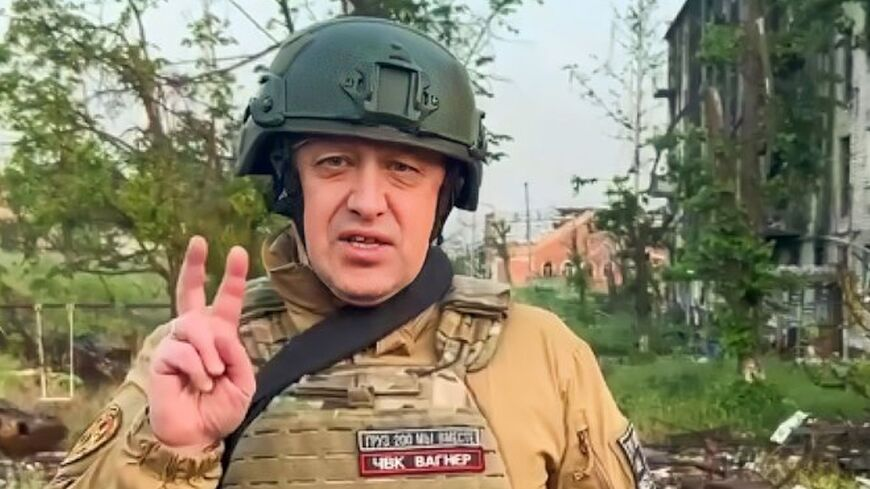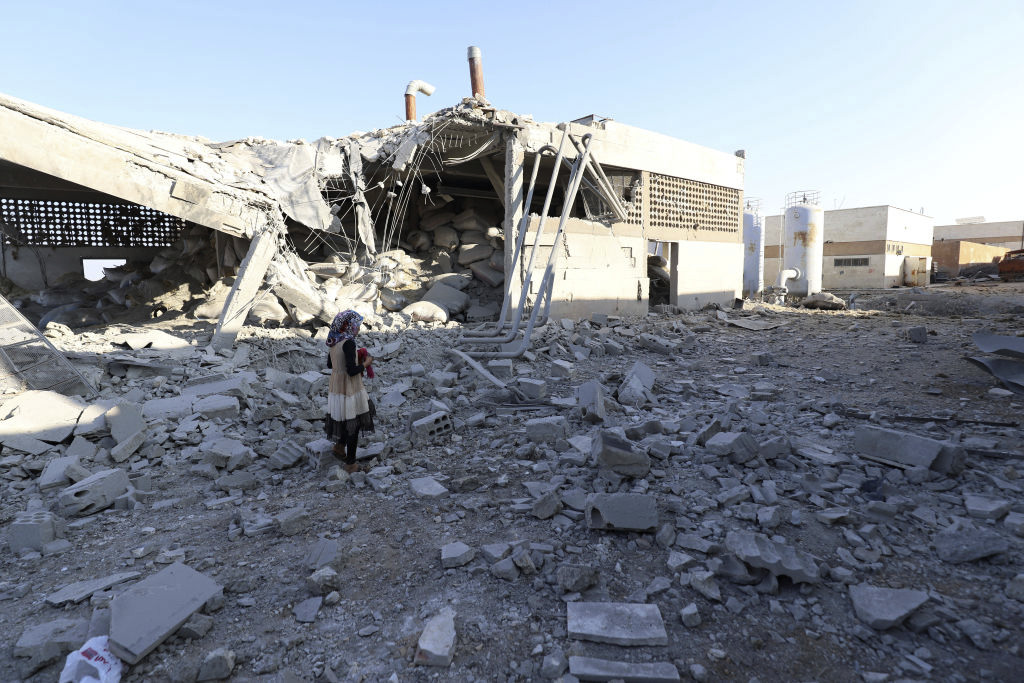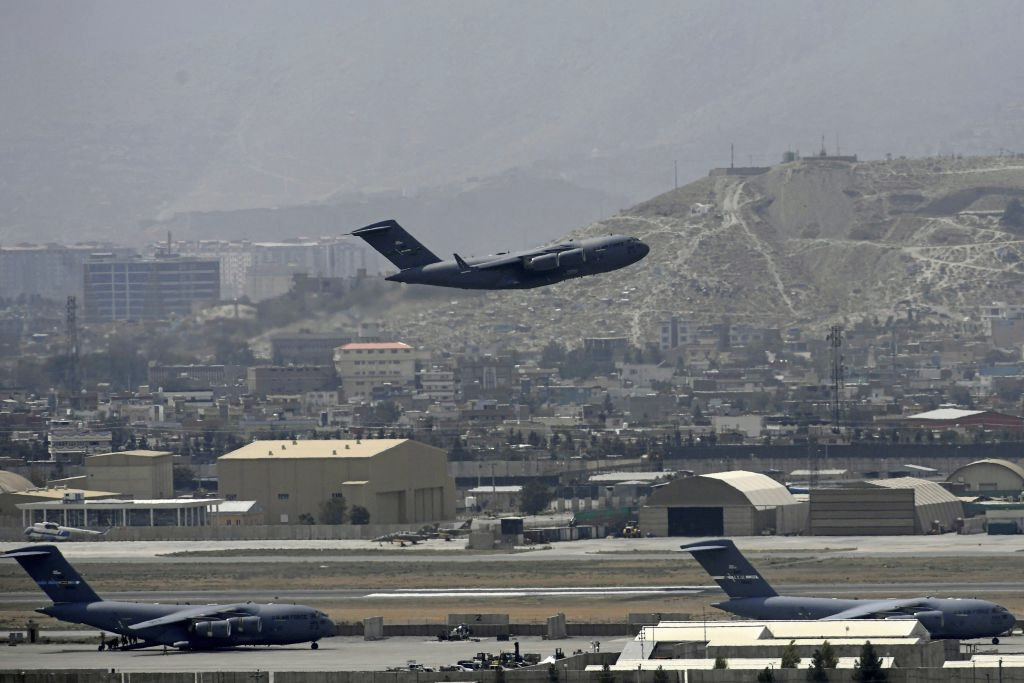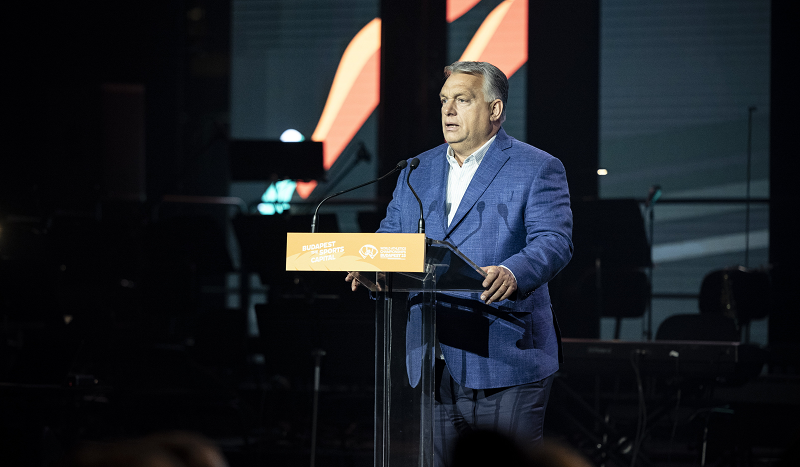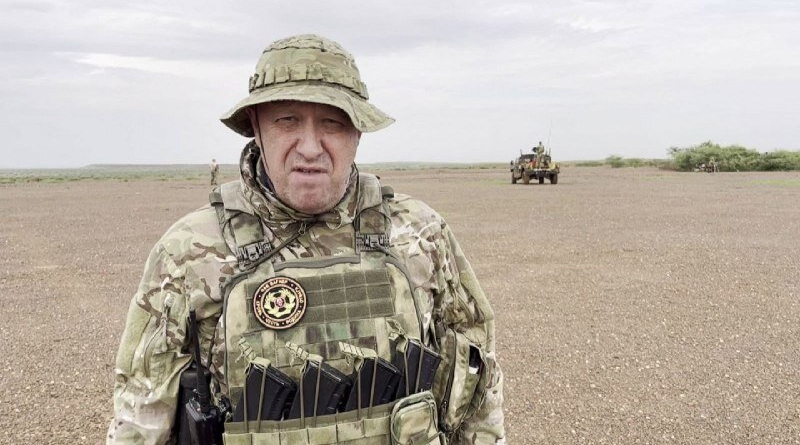Niger, le pustch de trop pour la France ?

Après le Mali, le Burkina Faso et le Niger, la France est-elle en passe d’être chassée du Sahel ?
Quelle est sa stratégie pour ne pas perdre le dernier pays où elle a repositionné ses troupes ? Parviendra t’elle à convaincre la CEDEAO de frapper les putschistes de Niamey ? N’est-ce pas la fin de présence française dans le Sahel africain ?



